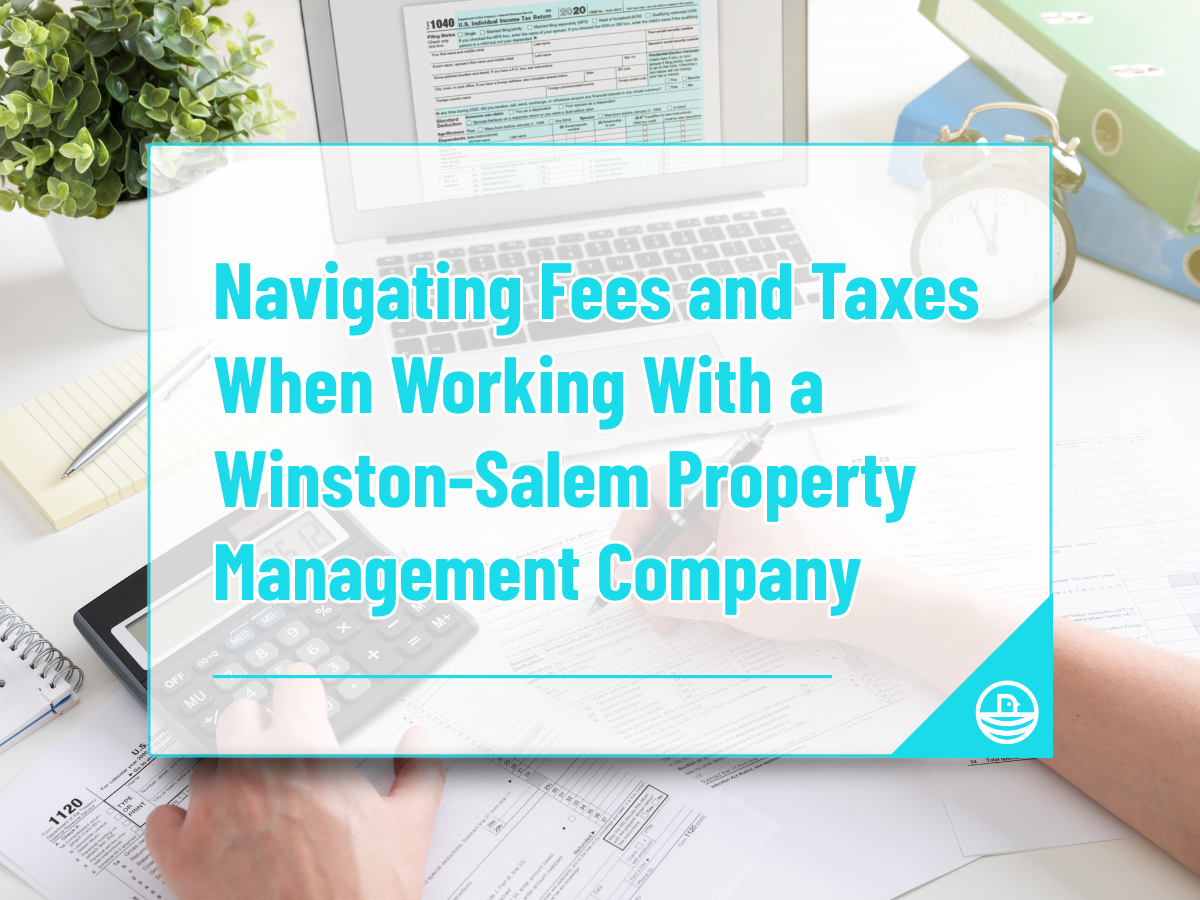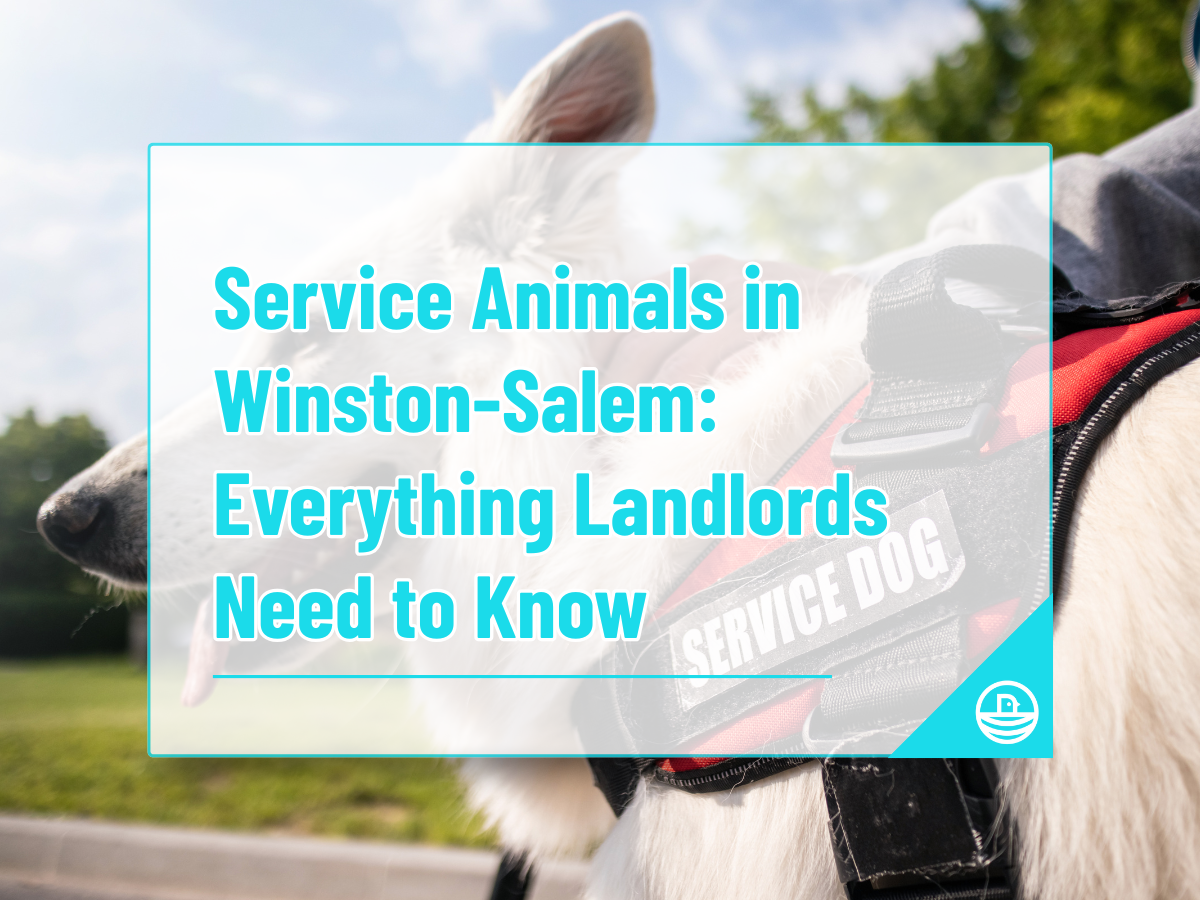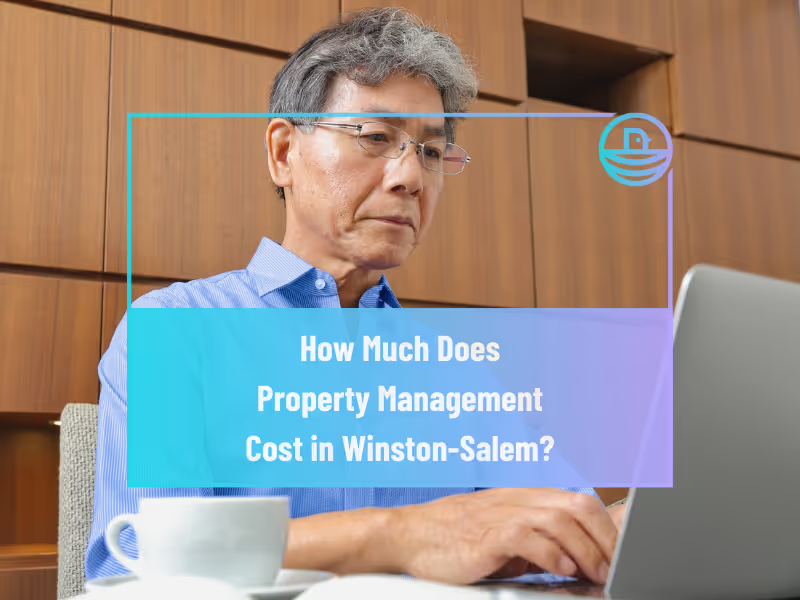Reasons to Break a Lease in Winston-Salem: What Landlords Need to Know
Breaking a lease can be a complex situation for both landlords and tenants. Understanding the reasons that may justify a lease termination is crucial for anyone involved in a rental agreement. This article delves into the intricacies of lease agreements in Winston-Salem, outlining the legal implications and the rights of both parties.
Introduction
Leases are binding agreements that define the relationship between landlords and tenants. When circumstances arise that compel a tenant to break this agreement, it can create tension and confusion. For landlords, being aware of valid reasons for lease termination allows better management of rental properties and fosters a positive relationship with residents. Understanding the intricacies of lease agreements is crucial, as it not only protects the rights of both parties but also helps in navigating potential disputes that may arise during the tenancy.
Moreover, the legal landscape surrounding leases can vary significantly from one jurisdiction to another, making it essential for both landlords and tenants to familiarize themselves with local laws and regulations. For instance, some areas may have specific provisions that allow tenants to terminate their leases under certain conditions, such as job relocation, domestic violence situations, or health-related issues. By being informed about these nuances, landlords can approach lease terminations with empathy and fairness, ultimately leading to a more harmonious living environment.

Understanding Lease Agreements in Winston-Salem
Lease agreements in Winston-Salem, like anywhere else, are contracts that outline obligations and rights. These documents typically cover various aspects, such as the rental amount, duration of the lease, and conditions for termination. Familiarity with these agreements is necessary for both parties to prevent misunderstandings. In addition, lease agreements often include clauses related to rent increases, which can be particularly important in a fluctuating housing market. Tenants should be aware of how and when these increases can occur, as well as any limits imposed by local regulations.
The Legal Framework of Leases
The legal framework surrounding leases in Winston-Salem is governed by North Carolina state law. This law ensures that both tenants and landlords understand their responsibilities. Specific provisions dictate what constitutes a valid breach of contract, thereby impacting how leases can be legally terminated. For example, North Carolina law requires landlords to provide a written notice before initiating eviction proceedings, which gives tenants a chance to rectify any issues. Understanding these legal protections can empower tenants and help landlords navigate the complexities of property management.
Common Terms in Lease Agreements
Commonly included terms in lease agreements may comprise security deposits, maintenance responsibilities, and pet policies. Understanding these terms is essential, as they can substantially influence the tenant's decision to break the lease. Clarity in these terms helps in preventing disputes. Additionally, many leases will outline the process for requesting repairs and the timeline for landlords to respond, which is crucial for maintaining a safe and habitable living environment. Tenants should also look for clauses regarding subletting or guest policies, as these can vary significantly and may affect their living arrangements, especially in shared housing situations.
The Importance of Valid Reasons for Breaking a Lease
Valid reasons for breaking a lease protect the rights of tenants and allow landlords to maintain order in their properties. These reasons are often outlined in state laws and can provide legal backing to both parties if conflicts arise.
Potential Consequences of Invalid Lease Termination
Landlords need to understand the consequences of accepting an invalid lease termination. This could lead to financial losses, as unoccupied rental units incur costs. Additionally, accepting invalid reasons might set a precedent that can complicate future agreements.
Protecting Your Residents’ Rights
Fostering a safe and respectful living environment is vital in property management. Understanding the rights of residents is not only ethical but also legal. Being aware of these rights can prevent potential lawsuits and grievances against the landlord.
Reason 1: Uninhabitable Living Conditions
One of the most valid grounds for breaking a lease is uninhabitable living conditions. A rental unit that poses health risks or safety hazards can not only violate lease terms but also state health codes. For landlords, ensuring that properties are habitable from the outset is essential to maintaining a lawful rental operation.
Defining Uninhabitable Conditions
Uninhabitable conditions can range from structural issues, like a leaky roof or broken heating system, to infestations and serious sanitation problems. It's essential for tenants to document these conditions and communicate them to landlords promptly to maintain a clear record.
Legal Remedies for Uninhabitable Conditions
If a tenant finds their unit uninhabitable, they have several legal avenues to explore. They may choose to notify the landlord in writing, giving them a chance to rectify the problem. If the landlord fails to act, tenants can pursue more drastic measures, including breaking the lease without penalty.
Reason 2: Landlord's Failure to Repair
Another frequent reason for lease termination occurs when landlords neglect necessary repairs. Property maintenance is a fundamental obligation that landlords must ensure; failure to fulfill these duties can lead to a tenant's decision to break the lease.
Resident's Rights Regarding Repairs
Residents have the right to a properly maintained property. This includes timely responses to repair requests. If a landlord continually ignores these requests, tenants can argue that they are being deprived of a habitable living space.
Steps Residents Might Take When Repairs are Ignored
When repair issues are ignored, tenants can take several steps, including sending a formal notice to the landlord or even seeking mediation. If these options fail, legal action may become necessary. Documentation of all communication is critical in such cases.
Reason 3: Invasion of Privacy by Landlord
Privacy is a fundamental right that every tenant should expect within their rental unit. Unwarranted invasions of privacy, such as landlords entering without notice or consent, can lead to lease termination.
Understanding Your Residents’ Privacy Rights
Residents have the right to be notified before their landlord enters their home, barring emergencies. Understanding these rights can empower tenants to challenge landlord actions that violate their privacy.
Actions Residents Might Take When Privacy is Invaded
If privacy is compromised, residents can voice their concerns directly to the landlord, but if the issue persists, they have the option to pursue legal remedies. Filing a complaint or consulting with a lawyer are potential next steps to protect their rights.
Conclusion
Understanding the reasons to break a lease in Winston-Salem equips landlords with the knowledge necessary to handle such situations effectively. By adhering to legal obligations and respecting the rights of residents, landlords can create a more harmonious rental atmosphere. This, in turn, mitigates conflict and fosters long-term tenant relationships.
Would you rather have a professional handle all things lease-related and keep your passive income truly passive? Contact Evernest’s Winston-Salem-based property management team today!













